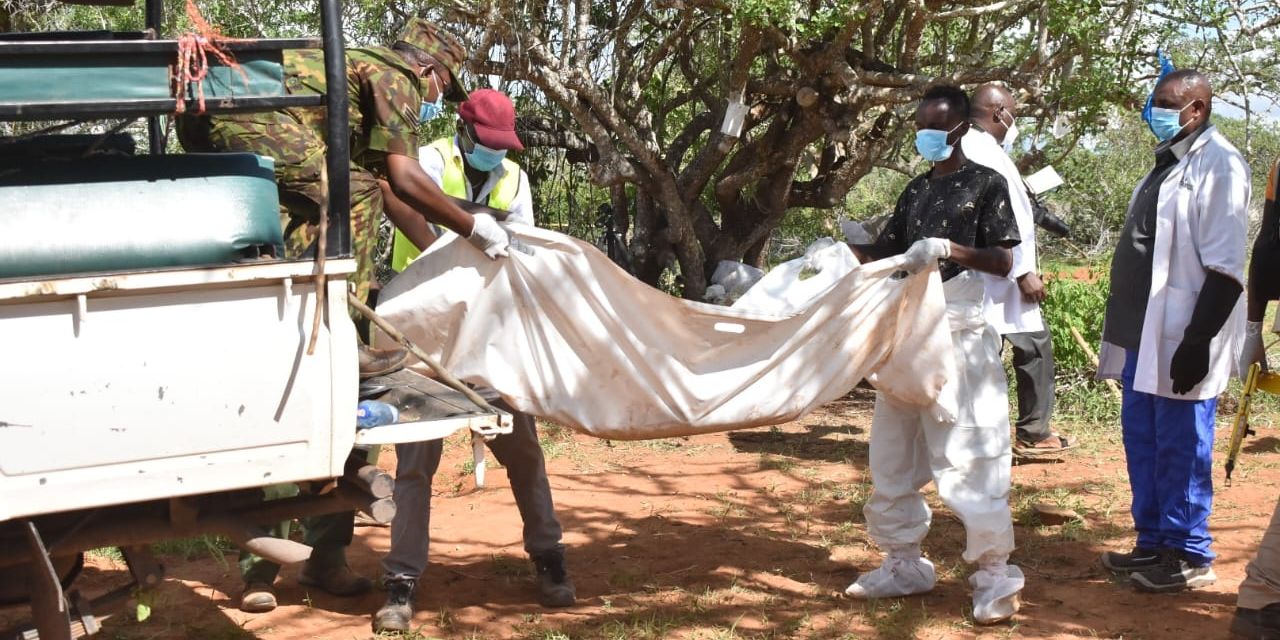The topic of whether children should engage in praying and fasting is a complex and multi-faceted one that is influenced by cultural, religious, and individual factors.
Some believe that children should be encouraged to participate in religious practices such as prayer and fasting. In contrast, others argue that such activities are inappropriate for children and could harm their physical and mental health.
On the one hand, many religions encourage their followers to pray and fast to deepen their spiritual connection to their faith.
Children raised in religious households may be taught to pray from a young age and may be encouraged to participate in fasting rituals when they reach a certain age or stage of development.
Did you read this?
Proponents of children engaging in prayer and fasting argue that it can help instil a sense of discipline, self-control, and spiritual awareness in children.
These practices can also help children feel more connected to their religious community and provide a sense of belonging.
On the other hand, some concerns encouraging children to engage in fasting and prayer could harm their physical and mental health.
Children have different nutritional needs than adults, and fasting for extended periods could lead to malnutrition or other health problems.
Additionally, there are concerns that fasting could exacerbate existing mental health conditions or contribute to developing eating disorders.
Finally, some argue that children should be allowed to choose their religious practices and beliefs rather than being pressured to conform to the beliefs of their parents or community.
Ultimately, whether children should engage in praying and fasting is personal and should be made on a case-by-case basis.
Parents and caregivers should consider their child's age, developmental stage, health, and personal beliefs when deciding whether or not to encourage them to participate in these practices.
It is also important to consider these activities' potential risks and benefits and to seek guidance from medical and religious professionals as needed.
Ultimately, children should be allowed to make their own decisions about their religious beliefs and practices and should be supported in their choices by their families and communities.









